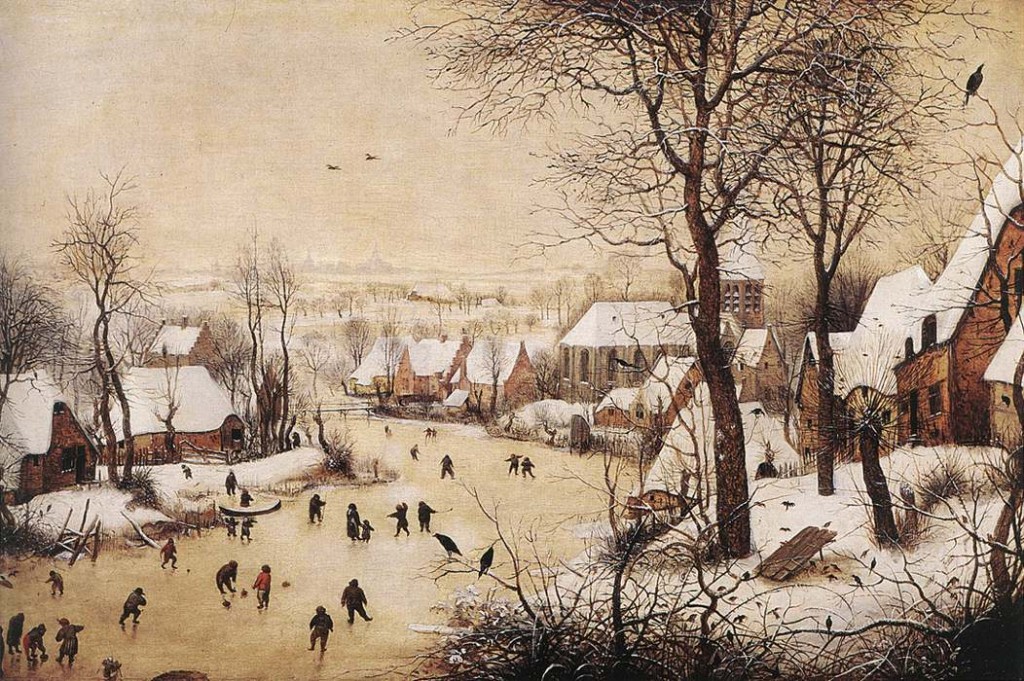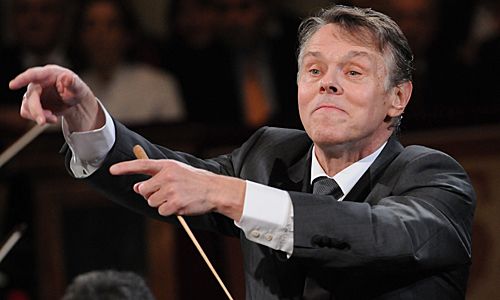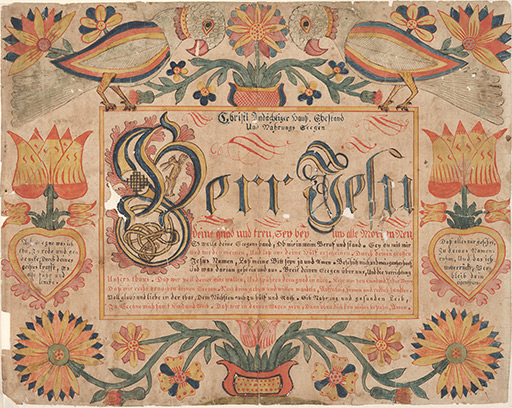Navy Captain Charged with Cruelty and Assault Receives Honorable Discharge
THE NAVY ruled Friday that Holly Graf, the captain relieved of command of a guided missile cruiser in 2010 for cruelty toward her crew, will be permitted to retire with an honorable discharge. A panel of three admirals, after reviewing evidence against her, had recommended she receive the lower grade general discharge. Graf has served for 26 years and is the sister of Rear Admiral Robin Graf.
Juan Garcia, secretary for manpower and reserve affairs, said that a general discharge was not warranted given the “totality of her service.” A commenter at Navy Times wrote:
If her name had been Harry instead of Holly, I wonder what the outcome would have been?
The military blogger Glenn McDonald last summer compared disciplinary actions against Graf with those against a male petty officer, attributing the relative leniency against her to both rank and the feminist “sisterhood.” He wrote: (more…)






